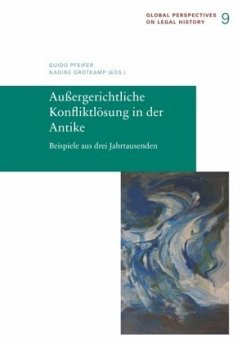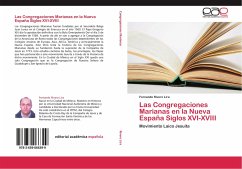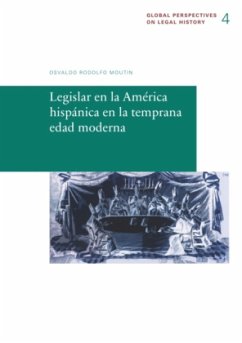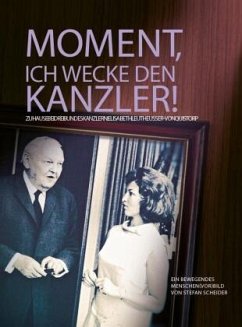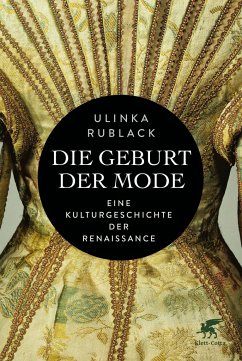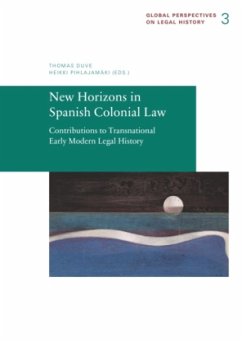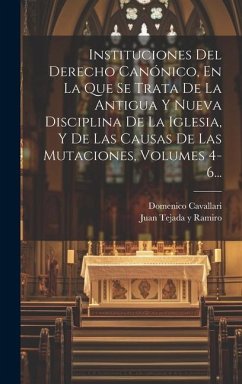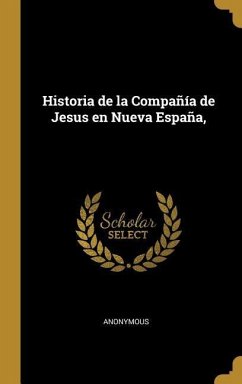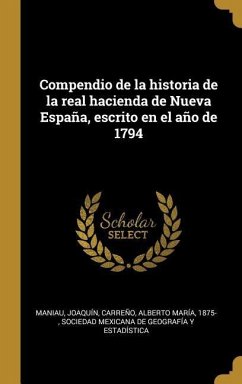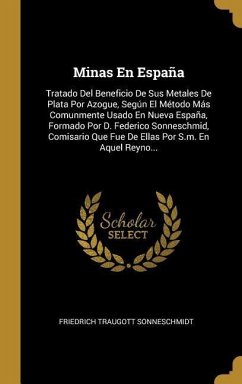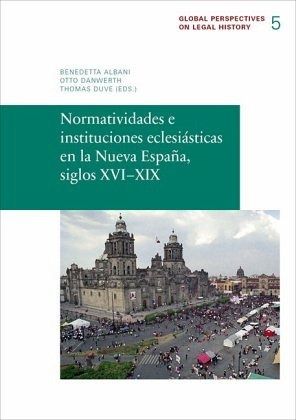
Normatividades e instituciones eclesiásticas en la Nueva España, siglos XVI-XIX
Versandkostenfrei!
Versandfertig in 6-10 Tagen
15,63 €
inkl. MwSt.

PAYBACK Punkte
0 °P sammeln!
Ecclesiastical institutions and actors were essential for the formation of normative orders in early modern Ibero-America. However, both legal historiography, due to its strong legalistic, state-centred imprint, and general historiography on colonial times, more inclined towards secular law, have only rarely discussed the contribution of ecclesiastical normativity to the formation of that normative texture which, in the historiographical tradition, has been called 'derecho indiano'.In light of this situation, the Max Planck Institute for European Legal History has organised a series of seminar...
Ecclesiastical institutions and actors were essential for the formation of normative orders in early modern Ibero-America. However, both legal historiography, due to its strong legalistic, state-centred imprint, and general historiography on colonial times, more inclined towards secular law, have only rarely discussed the contribution of ecclesiastical normativity to the formation of that normative texture which, in the historiographical tradition, has been called 'derecho indiano'.
In light of this situation, the Max Planck Institute for European Legal History has organised a series of seminars in different Latin American cities in order to offer an interdisciplinary forum dedicated to the research of 'ecclesiastical normativities and institutions in Ibero-America' between the 16th and 19th centuries. The present volume is the first in a series of publications that document the results of this cycle of seminars celebrated in Mexico City, Lima, Bogotá and São Paulo.
The book, focusing on New Spain, is divided into five thematic parts. The editors' purpose has been to present approaches that explore the relationship between different types of normativities, their local adaptations, the ties with global debates, the forms of solving conflicts, as well as the role of jurists, theologians and other actors. The topics discussed by the authors represented in this volume - who cultivate the disciplines of history, legal history, church history, ethnohistory, art history and the history of music - contribute to a better understanding of the normative religious universe in Spanish America.
In light of this situation, the Max Planck Institute for European Legal History has organised a series of seminars in different Latin American cities in order to offer an interdisciplinary forum dedicated to the research of 'ecclesiastical normativities and institutions in Ibero-America' between the 16th and 19th centuries. The present volume is the first in a series of publications that document the results of this cycle of seminars celebrated in Mexico City, Lima, Bogotá and São Paulo.
The book, focusing on New Spain, is divided into five thematic parts. The editors' purpose has been to present approaches that explore the relationship between different types of normativities, their local adaptations, the ties with global debates, the forms of solving conflicts, as well as the role of jurists, theologians and other actors. The topics discussed by the authors represented in this volume - who cultivate the disciplines of history, legal history, church history, ethnohistory, art history and the history of music - contribute to a better understanding of the normative religious universe in Spanish America.



